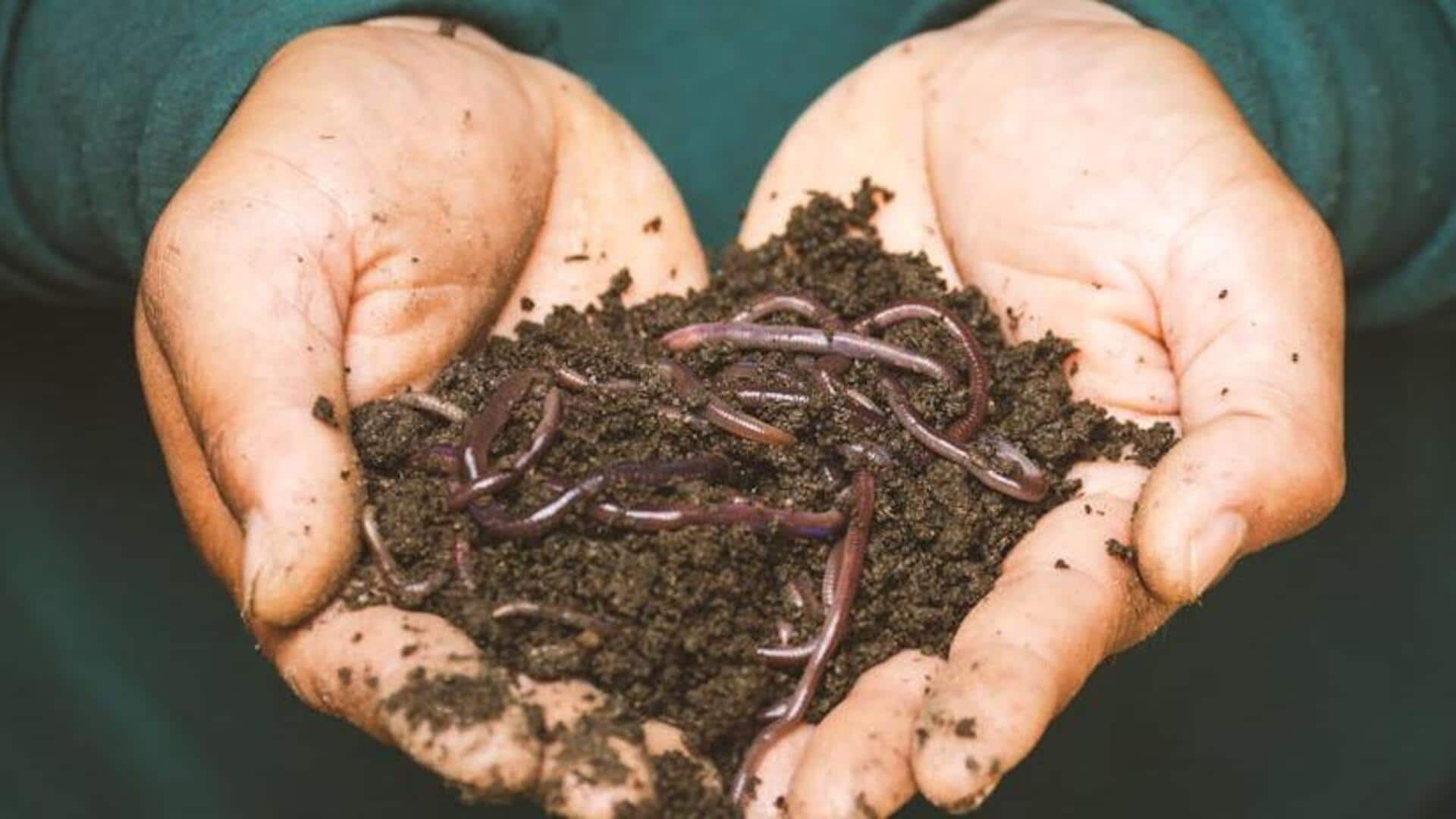
Composting made easy: Tips for beginner gardeners
What's the story
Composting is an excellent way to recycle organic waste and enrich your garden soil. For beginner gardeners, mastering the art of composting can seem daunting, but with a few simple tips, it becomes manageable. By understanding the basics and implementing effective strategies, you can create nutrient-rich compost that benefits your plants and reduces waste. Here are five essential tips to help you get started on your composting journey.
Location
Choose the right location
Selecting an appropriate spot for your compost pile or bin is crucial. Ideally, choose a location that is easily accessible yet out of direct sunlight to prevent overheating. A shaded area helps maintain moisture levels, which is vital for decomposition. Ensure there is enough space around the pile for turning and mixing materials regularly.
Material balance
Balance green and brown materials
A successful compost pile has a balance of green and brown materials. Green materials include fruit peels, vegetable scraps, and grass clippings. They supply nitrogen required for decomposition. Brown materials like dried leaves, straw, and cardboard contribute carbon to the mix. Aim for a roughly one to two greens to browns by volume to keep things optimal.
Moisture control
Maintain moisture levels
Moisture is key to the composting process. The pile should be as damp as a wrung-out sponge- neither too dry nor too wet. If it's too dry, decomposition slows down; if it's too wet, it may become anaerobic and smelly. Check moisture regularly by squeezing a handful of material; adjust by adding water/dry browns accordingly.
Aeration
Turn your pile regularly
Turning your compost pile introduces oxygen necessary for aerobic decomposition, and prevents unpleasant odors from forming due to anaerobic conditions. Use a pitchfork or shovel every two weeks to mix up layers thoroughly. This also helps distribute heat evenly throughout the pile, speeding up breakdown processes significantly.
Patience
Be patient with decomposition time
Composting, however, takes time—usually anywhere between two months to one year, depending on the temperature outside, how often you turn over the contents in the bin itself, and others involved here too. Remember, patience pays off eventually when rich, dark humus emerges, ready to use in garden beds alike.